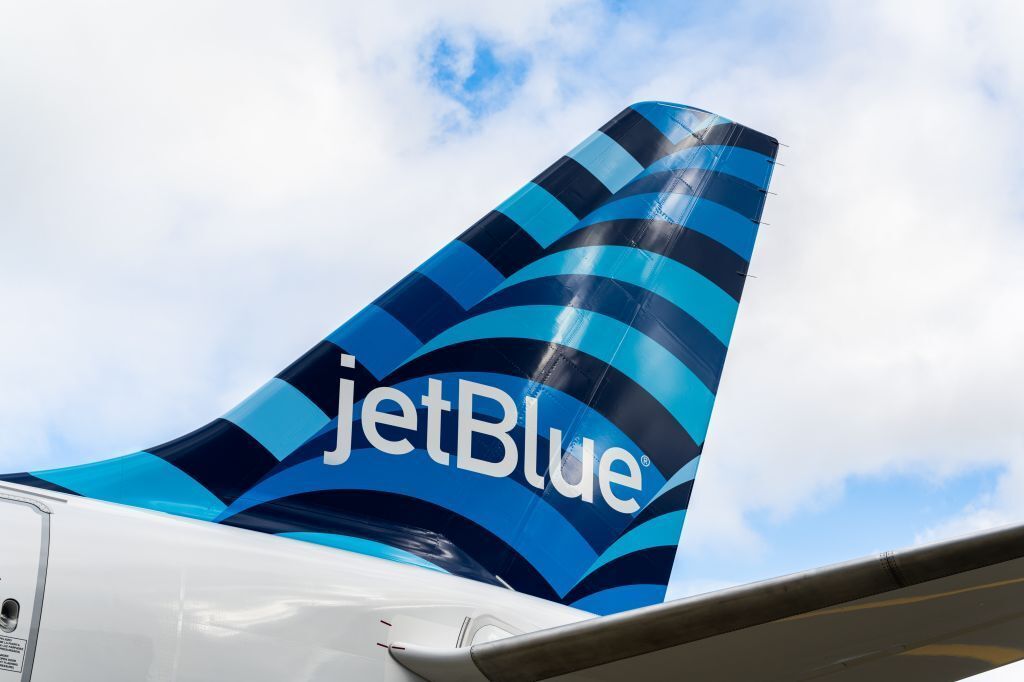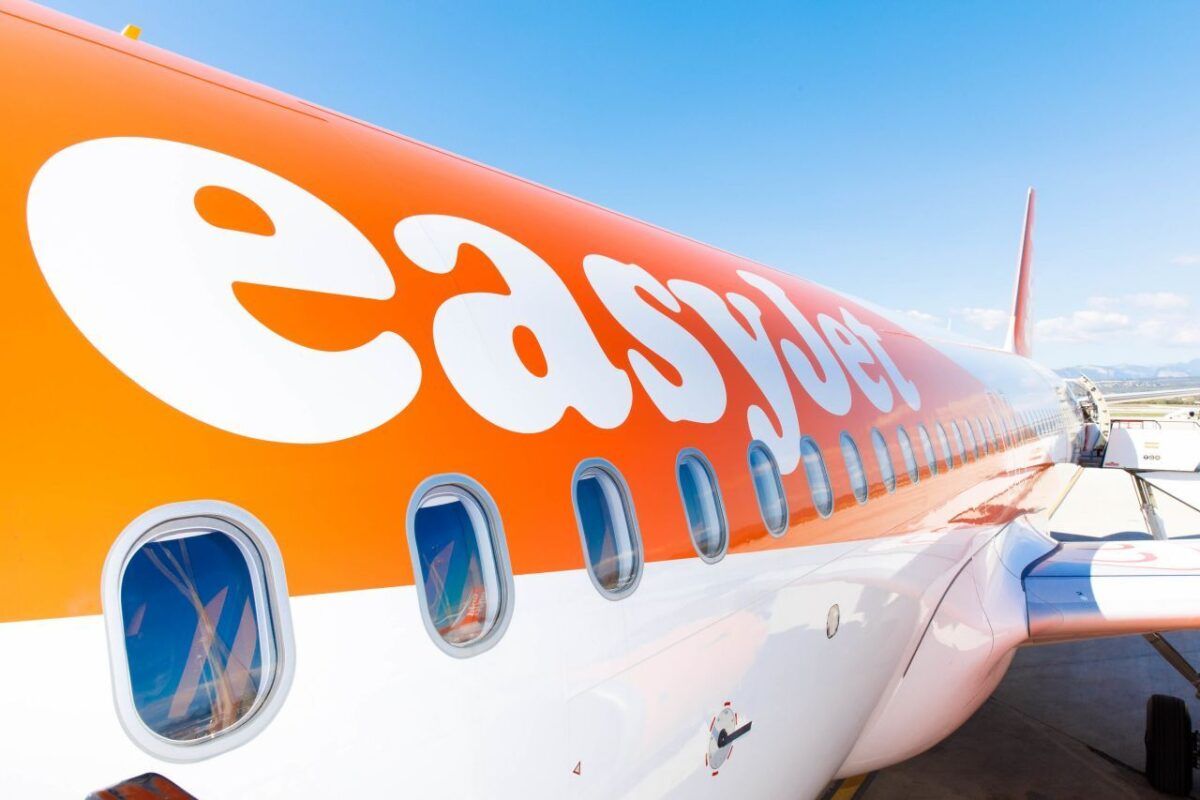The quarterly Thailand Tourism Confidence Index of 600 tourism operators was steady at 100 in the second quarter of 2019 and stood at 100 as predicted in the previous quarter. The projection of the Thailand Tourism Confidence Index for the third quarter of 2019 is also set at 100.
The survey is a collaboration between the Tourism Authority of Thailand (TAT), Tourism Council of Thailand (TCT) and Chulalongkorn University’s Faculty of Economics and divided into six parts. These include an overview of Thai tourism, confidence index of tourism operators, testimonials from domestic and international tourists, tourism situation during key festivals, international tourist arrival projections, and recommendations for future action.
The index ratings have a range of between 0 to 200: over 100 means better than the normal situation; 100 means normal; and below 100 means worse than normal. The second quarter index survey was carried out in May 2019 using a database of over 600 tourism operators as well as government officials from related agencies. It also interviewed 350 international and 350 domestic tourists, respectively.
The findings in the second quarter of 2019 highlighted both the micro and macro factors affecting Thailand’s tourism industry: the slowdown of the world economy as well as Thailand’s economic stagnation; the Thai government’s stimulus and tax reduction scheme; extension on the visa-arrival fee waiver for citizens of 20 nations for another six months until October 2019, and the strength of the Thai Baht to a weakening US dollar combined with rising inflation.
Both tourism operators and tourists agreed that Bangkok and Chiang Mai are facing over tourism issues that are impacting the destinations, whilst they pointed to Phuket as a destination that can still handle more tourists.
The Index forecasts that Thailand will welcome 9.7 million international tourists (up 7.06% year-on-year) in the third quarter of 2019. It projects that total arrivals will reach 40.06 million international tourists for all of 2019, up 4.65% over 2018.















